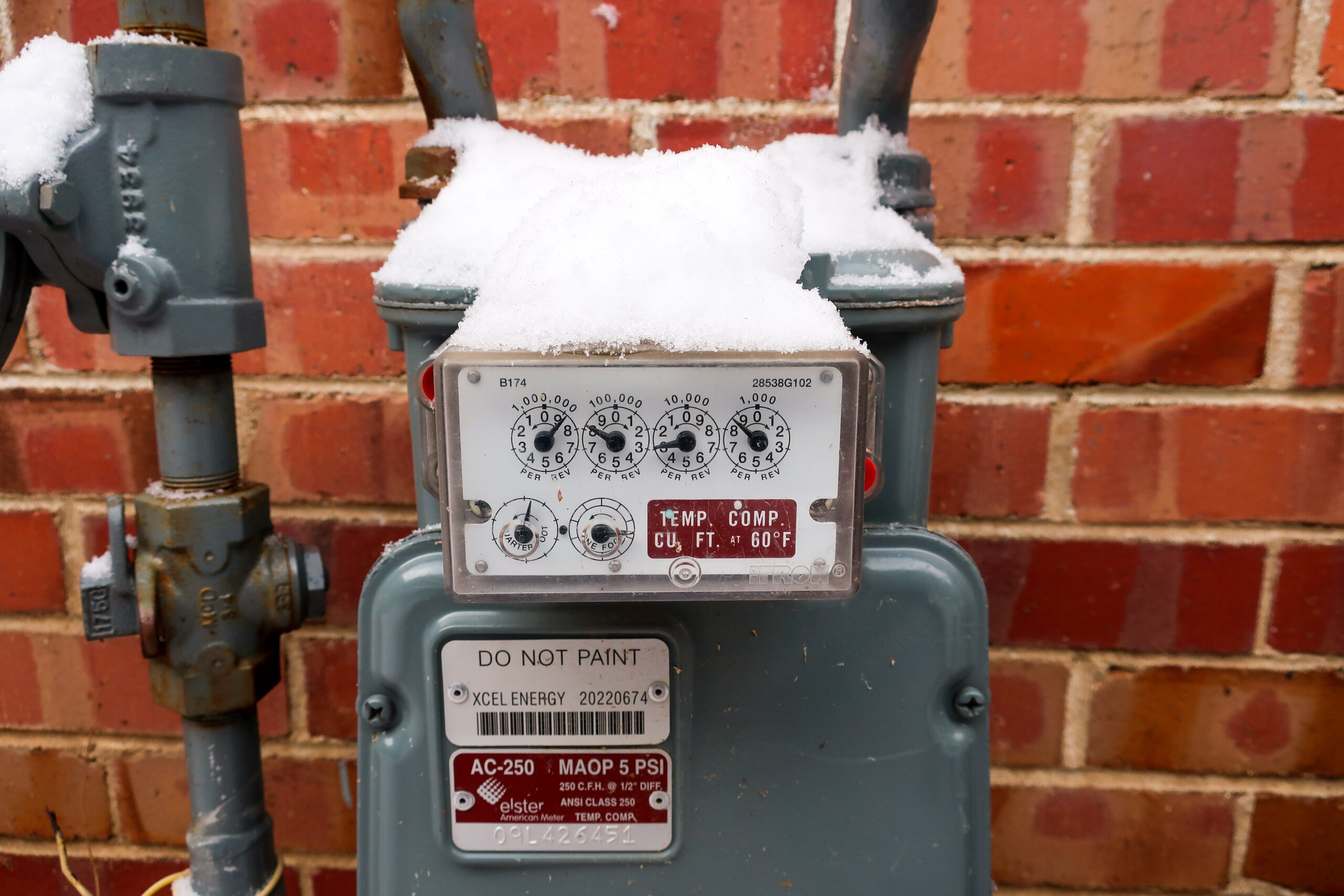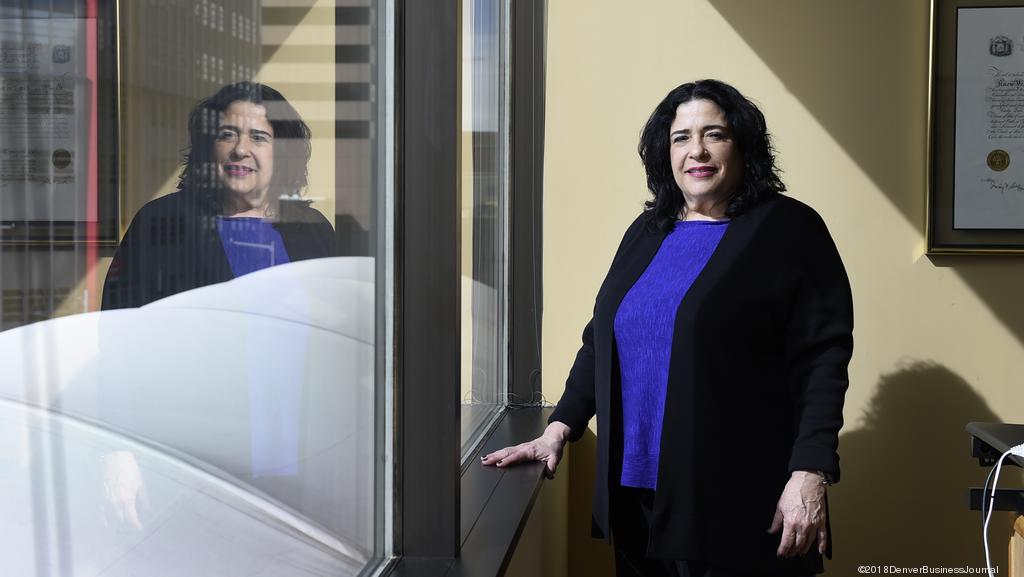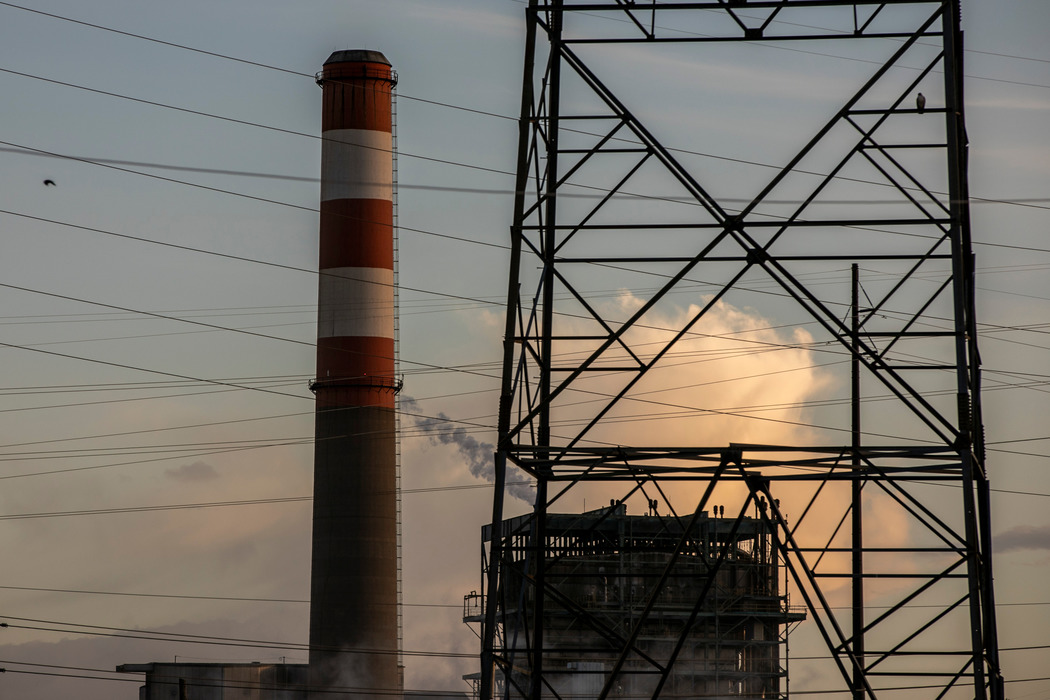“What is the matter with Xcel?” cried Jennifer Obuluo, a resident of Aurora. “My last heating bill brought tears to my eyes. Where do they want an ordinary salary earner to find money to pay their exorbitant bill?” She asked, blinking very fast. She couldn’t bear it any longer. This is the response of many Coloradoans after being slapped by varying rates of heating bill increase late last year through January. The shock and disbelief that has greeted the price increment has been paralyzing, and more and more people are asking why.
Xcel Energy representatives have said much of the increase stems from higher prices for natural gas, a commodity used to heat and power homes during colder months. Xcel says it has also relied on more natural gas this year, and the Colorado Public Utilities Commission has approved company proposals to recoup costs incurred from purchasing more of the fossil fuel.
Xcel Energy also increased electric rates but that was earlier last year. A $182.2 million increase in its electric rates took effect April 1, 2022 and raised monthly residential bills by 6.44% and bills for small businesses by 6.24%.
The increase in energy prices, which was approved by the Colorado Public Utilities Commission and which kicked in on the first of November last year, saw a $64.2 million increase in the utility’s natural gas rates. Residential monthly bills rose by 2.9% or $2.09, and bills for small businesses equally rose by 3.1%, or $12.95 a month.
Tyler Bryant, an Xcel Energy spokesperson said the main reason bills are higher is the wholesale cost of natural gas. As of August last year the price was nearly double what it was during the same month in 2021, according to data from the U.S. Energy Information Administration. He also said that the company passes those costs directly to customers without charging an additional profit for its shareholders.

A natural gas meter outside a Colorado home in January 2023. Photo -CPR News
According to Xcel, they are not even allowed to turn a profit on any day-to-day operating costs. Since the state grants the company a competition-free monopoly, it can only collect extra revenue on infrastructure investments, like new transmission lines, power plants or wind farms.
In most cases, the company can recoup the cost of capital projects plus another 9 to 10 percent for its shareholders through those fees, said Cindy Schonhaut with the Colorado Office of the Utility Consumer Advocate. That means Xcel’s profits aren’t divorced from the debate over rising energy bills, she argued.
That’s because the process gives the company an incentive to propose expensive infrastructure projects, which can help maximize profits for its shareholders, she said. Her office has often pushed regulators to pare down some of its proposals — like a recently approved $1.7 billion transmission line — to protect ratepayers from long term bill increases.
The Colorado Public Utilities Commission sets the rate of return through a process called “base rate increases,” which are extra fees baked into monthly energy bills.
Xcel and other utilities buy natural gas on the open market, which is currently under investigation by the federal government for potential price manipulation during a nationwide cold front last year.
Xcel is Colorado’s largest electric utility and critics have slammed it for hiding behind clichéd excuses of rising costs to milk its 1.4 million customers. Xcel had earlier in the year warned its customers that they would face steeper energy bills in the New Year if natural gas prices remained high. Global demand for natural gas, caused in part by the Russian war in Ukraine, drove prices up and as it stands though, it shows no signs of coming down anytime soon.

Cindy Schonhaut, Director of the Colorado Office of the Utility Consumer Advocate has tried to explain the situation to seething citizens. Photo -Business Journal
Xcel and other utilities buy natural gas on the open market, which is currently under investigation by the federal government for potential price manipulation during a nationwide cold front last year.
Cindy Schonhaut, the director of the Colorado Office of the Utility Consumer Advocate said everyone is awaiting the outcome of the federal investigation as the gas supply market is not regulated and has never been.
The Colorado Public Utilities Commission, after an investigation into allegations Xcel mismanaged its system and cost ratepayers millions more than it should have, granted permission for Xcel to charge customers $500 million. It also levied an $8 million fine for not notifying customers of the skyrocketing cost of natural gas so they could reduce their energy usage.
AARP Colorado also weighed in on the price increase outcry and said that, in the last year, Xcel has added nearly $69 to the average annual residential customer’s bill, and $62 to small businesses. According to the AARP, the fees that utilities added to customers’ bills as a result of legislation passed by the Colorado General Assembly and signed by Gov. Jared Polis amounted to a rate hike for ratepayers of more than 6%, plus a $0.50 charge.
AARP Colorado on the other hand also praised the PUC for cutting Xcel Energy’s original proposed gas increase by $138 million to $64.2 million.
“While AARP Colorado fought for a complete rejection of Xcel Energy’s proposed increase, we consider the lower rate a big win for all Colorado customers,” AARP spokeswoman Angela Cortez said in a statement.
Xcel has tried to justify the increase but their explanations so far aren’t interesting to anyone. Robert Kenney, President of Xcel Energy Colorado in an interview late last year tried explaining one of the reasons why the increase in prices was a necessity. “As we bring on more electric vehicles, as more customers move to Colorado and the Denver metro area, which requires us to make sure that the grid is able to handle that new load.”

Robert Kenney, President of Xcel Energy Colorado has come under increasing fire for the company’s price hikes. Photo -Denver Post
He explained further that the money will be used to strengthen the power grid, repair and replace infrastructure, and create new programs as well as protecting against cyberattacks, wildfires and extreme weather conditions. While he acknowledged the fact that the rate increases could be hard on customers, he said Xcel offers payment plans and bill assistance for those who are in need of it. He also said Xcel has been shifting towards renewable energy sources, which will save customers money in the long run.
As at the time of penning this piece though, various news outlets have broken the news that Xcel customers could see their monthly gas bills drop by as much as 15 percent in February and March, according to a new cost adjustment plan recently approved by state regulators.
Under Xcel’s new plan, the average homeowner’s bill should decrease by about $18 a month. Small businesses will see bills drop about $84, depending on their usage.
“Colorado customers will see lower natural gas bills than previously expected as a result of a recent decrease in wholesale natural gas prices,” the company said in a statement. The temporary adjustment comes after several months of sky-high bills, which Xcel has blamed on market forces beyond its control.
While the decrease is welcome news, a lot of people say it is still not enough to help ratepayers who’ve fallen behind on their bills.
Gov. Jared Polis on his part has sympathized with everyone who has had to bear the brunt of the rising costs and equally blamed the increments on a volatile natural gas market which is unregulated and is a globally traded commodity. In a press conference at the governor’s office, he argued the price increases are a result of Colorado’s heavy dependence on natural gas, which federal data show heats about 66 percent of the homes statewide.
Polis said, “Being a globally traded commodity, the market sets the price, but there’s a lot we can do to make ourselves more immune to that in the future and provide relief now to save people money.”
Polis called on his administration for a two-stage response. The first step, he said, is to get more struggling customers into existing bill-assistance programs. In the long term, he directed his administration to redouble its efforts to wean the state from fossil fuels in order to protect residents from future price swings.

The Excel Energy Cherokee Generating Station in Denver, June 2, 2020.
He detailed the plans in an eight-page letter to top regulators and utility executives. Most of the document lists projects already underway within the Colorado Energy Office, including home energy rebates funded by the federal Inflation Reduction Act and enacting new statewide energy efficiency standards for new buildings.
Polis also offered new guidance to the Colorado Public Utilities Commission, which oversees gas and electric utilities. While the governor-appointed commission acts independently, the letter calls on the three-member panel to use the next year to develop new strategies to protect households from future bill spikes.
Polis, who used the opportunity to reaffirm his commitment to ensuring Coloradans start enjoying renewable energy, said, “When I took office, I made putting our state on the path to 100% renewable energy by 2040 one of my bold goals. Had we gotten there faster, and shifted more heating from gas to electricity, we wouldn’t be facing price spikes that are costing all of us more this winter. We’ve already locked in more than 80% renewable energy in the future and I will be relentless in my pursuit of saving Coloradans money by helping Colorado secure the final 20%.”
“We know what needs to be done to lower costs, and I hope my fellow leaders join my efforts to protect Coloradans and put damaging utility-bill price swings in the past,” he concluded.
Bold words from Colorado’s number one citizen. Will he deliver on them? That remains to be seen. One thing is certain though, further price increases will definitely see the state’s residents react far more aggressively. Coloradans are getting fed up.






